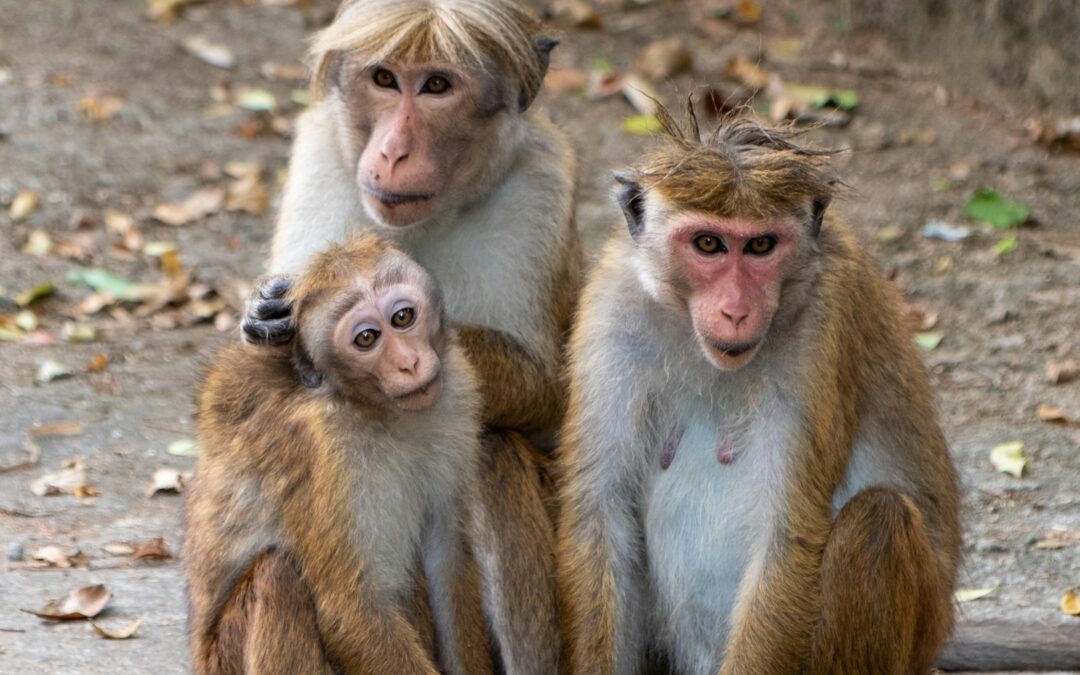I was terrified. And I cried. I was living and working at the Lutheran Theological Seminary in Hong Kong at the time.
I’m not weepy or alarmist by nature. I’d weathered a ginormous flying cockroach in my shower. Swatted it hard and disposed of it.
I wasn’t crying because of a bamboo pit viper, although Hong Kong has those fabulously venomous snakes. Once, I saw that fluorescent green S slither just inches from my step. I did a little jig, gave a little yelp, then we each escaped in opposite directions.
It wasn’t a wild boar that brought me to tears, although we had those too in Hong Kong. Twice, coming around a bend as I walked home along the mountain road at dusk, I discovered a mama boar with piglets staring me down. I halted and my heart thumped, as I noted her fearsome tusks and squat body. But Mama Boar merely glared, then turned and scooted into the brush, her piglets scampering with her.
It wasn’t even immense, overwhelming beauty that moved me to tears, although awesomeness was all around me. I discovered shimmering black butterflies the size of my palm. Who knew such creatures existed? Once, when my spouse and I went on an island hike, I thought I had died and gone to heaven. Thousands of butterflies appeared, all different colors and sizes. They fluttered like a manifestation of the Holy Spirit: above, in front of, behind and alongside us for miles and miles of our forest path.
It was none of those that brought me to tears. It was the monkeys. The wild (Rhesus Macaque) monkeys of Hong Kong.
Now, monkeys may not be the first animals that come to mind when we think of spiritually evocative animals, nor of animals in the Bible, but there they are. Along with the presumed presence of monkeys on Noah’s ark, monkeys, or their near cousins, the apes, are specifically mentioned in connection with King Solomon, who “surpassed all the kings of the earth in riches and wisdom.” Solomon owned a famous fleet called the Ships of Tarshish, with which he imported “gold, silver, ivory, apes and peacocks” (see I Kings 10:22–23 and 2 Chronicles 9:21–22).
Gold, silver and ivory—for ages, these have been how people accumulated and showed wealth, although today, thankfully, ivory is outlawed in most places because of horrific violence on elephants. In any case, King Solomon was richer than anyone, and apparently liked to show it! Those peacocks strutting around the palace would have been another sign of the king’s wealth and ability to acquire exotic beauties.
But why would King Solomon have imported monkeys? Was there something he could learn from them? Maybe they provided him with a negative example with respect to wisdom? “Monkey see, monkey do,” is a familiar expression I’ve seen in literal action. A monkey sees something—and he wants it. Monkeys are smart: They learn quickly, but they are not wise. A monkey does not usually pause for reflection.
In Hong Kong, it is against the law to feed monkeys. In many parks, there are signs that advise visitors not to even carry plastic grocery bags when in monkey territory. The 1,800 or so wild monkeys of Hong Kong have learned to associate the crinkle of bags with the presence of food. So when monkeys see, smell or hear a person with a plastic bag, they come jumping down to get at it.
The Rev. Dr. Christa von Zychlin has served Lutheran churches around the world through ELCA global partnerships. She co-pastors St. Luke Lutheran Church in Albuquerque, New Mexico, where she also loves exploring the spirituality of mountains and deserts.
This excerpted article appeared in the January/February 2024 issue of Gather. To read more like it, subscribe to Gather.


